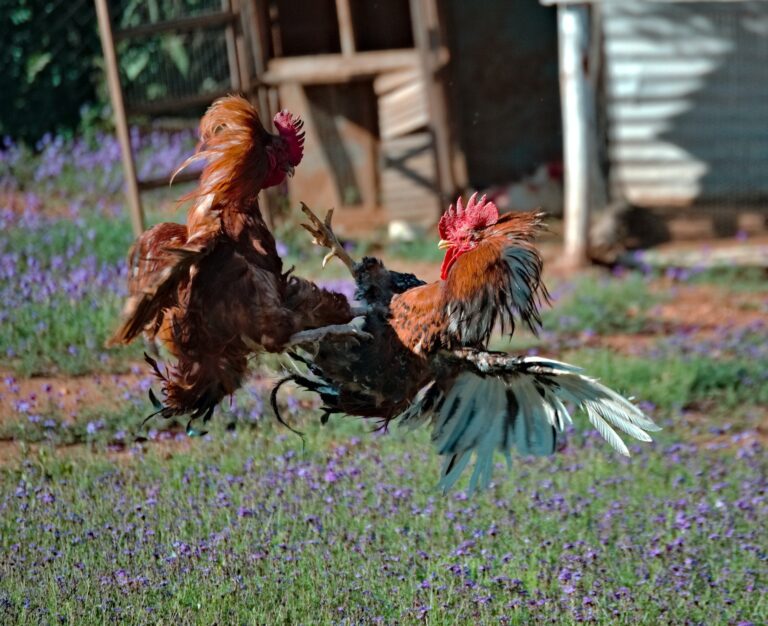Is Cockfighting Legal in the Philippines?
Cockfighting is a centuries-old tradition in the Philippines and is considered a popular and culturally significant pastime. While many countries have outlawed cockfighting due to animal cruelty concerns, it remains legal in the Philippines. However, it is regulated by the government and certain rules and guidelines must be followed.
What is the Overview of Cockfighting in the Philippines?
Cockfighting, also known as sabong in the Philippines, involves two roosters, or gamecocks, fighting each other in a ring called a cockpit. The birds are often fitted with sharp metal spurs called gaffs or tari on their legs, which they use to attack their opponent. Bets are placed on the outcome of the fight, and the losing bird is often killed. The sport is deeply ingrained in Filipino culture and has been practiced for hundreds of years.
- Popularity: Cockfighting is an incredibly popular sport in the Philippines, with an estimated 5 million people participating in some form.
- Events: There are various cockfighting events held throughout the year, including local and national competitions.
- Economy: The industry generates billions of pesos in revenue, providing a significant boost to the Philippine economy.
- Culture: Cockfighting is considered an important part of Filipino heritage and tradition, and it is deeply rooted in the country’s history.
What is Cockfighting Called in the Philippines?
In the Philippines, cockfighting is commonly referred to as sabong. The roosters used in the fights are known as gamecocks and the ring where the fights take place is called a cockpit.
What are the Laws, Penalties, and Law Enforcement in the Philippines for Cockfighting?
Although cockfighting is legal in the Philippines, it is subject to strict regulation by the government. Some of the laws and penalties related to cockfighting include:
- Presidential Decree No. 449: Also known as the Cockfighting Law of 1974, this decree outlines the rules and regulations governing cockfighting in the Philippines.
- Age restriction: Individuals under 18 years of age are prohibited from participating in cockfighting events or entering a cockpit.
- Illegal gambling: Betting on cockfights outside of authorized venues or without proper permits is considered illegal gambling and is punishable by law.
- Law enforcement: The Philippine National Police (PNP) and local government units (LGUs) are responsible for enforcing cockfighting laws and regulations.
What are Some Helpful Links, Government Laws, and Resources about Cockfighting in the Philippines?
For those interested in learning more about cockfighting in the Philippines, the following links and resources provide valuable information:
- Presidential Decree No. 449 – The Cockfighting Law of 1974
- Philippine News Agency – Cockfighting Generates Billions of Pesos in Revenue
- The Philippine Star – Cockfighting Holds Filipinos in Sway
- Philippines Plus – Philippine Cockfighting (Sabong)

I recently went backpacking to the Philippines and was shocked to learn that cockfighting is actually legal there. I remember seeing a cockfight when I was there and it was really intense. It was something I had never seen before and it made me uncomfortable. But the people seemed to really enjoy it, which I thought was really interesting. I also heard a story from a friend of mine who was there. He said that he and his friends were walking around a small village when they heard cheering and saw a group of people gathered around a cockfight. He said it was a really unique experience and they all had a great time watching the fight.